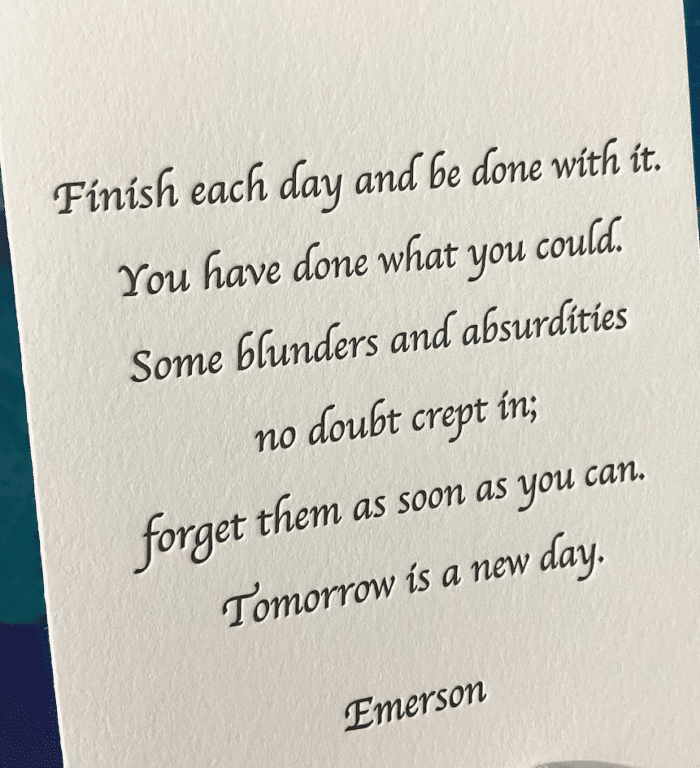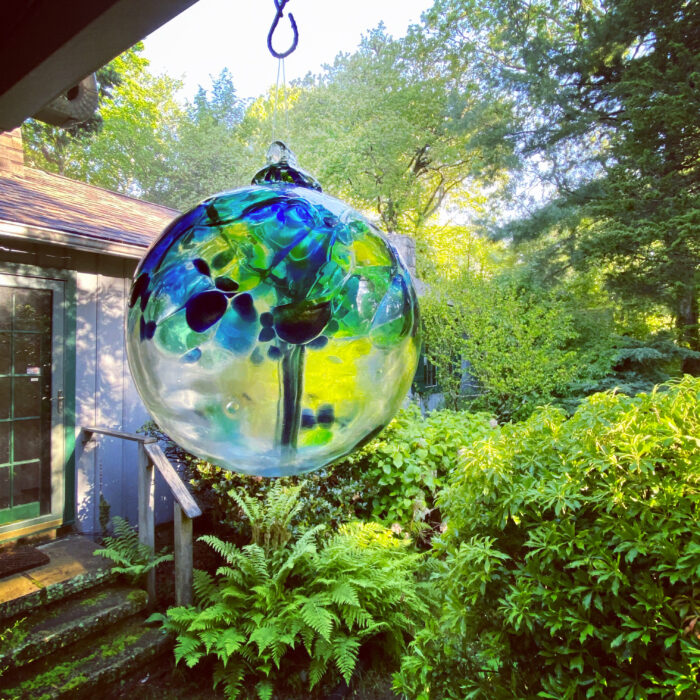
I haven’t.
Oh, I keep thinking I have everything under control. But then I get that rapid heart beat, the stomach rolling, and I recognize it. I am anxious again.
Once you’ve experienced it, you will know immediately.
So what to do? Well, I know I’ve taken on some extra volunteering lately. I’m on the Board of NICA, (Nopes Island Conservation Association) and on the marketing committee of Mental Health America of Fredericksburg. Both are important organizations that do so much good. I’m helping with social media and writing newsletters among other things.
I had also volunteered to print some wedding invitations for a sweet friend, and since that’s normally out of my lane, I let the whole process drive me crazy. Mistake after mistake and –rushing! When I get anxious, my thoughts start swirling and whirling, and the next thing I know, my actions follow my thoughts. I’ve been going too fast.
So, big breath today. Slow down. Stop overthinking. I need to remember the patterns I fall into, and then also remember- I can stop.
“Stress is an ignorant state. It believes that everything is an emergency. Nothing is that important.”
—Natalie Goldberg

